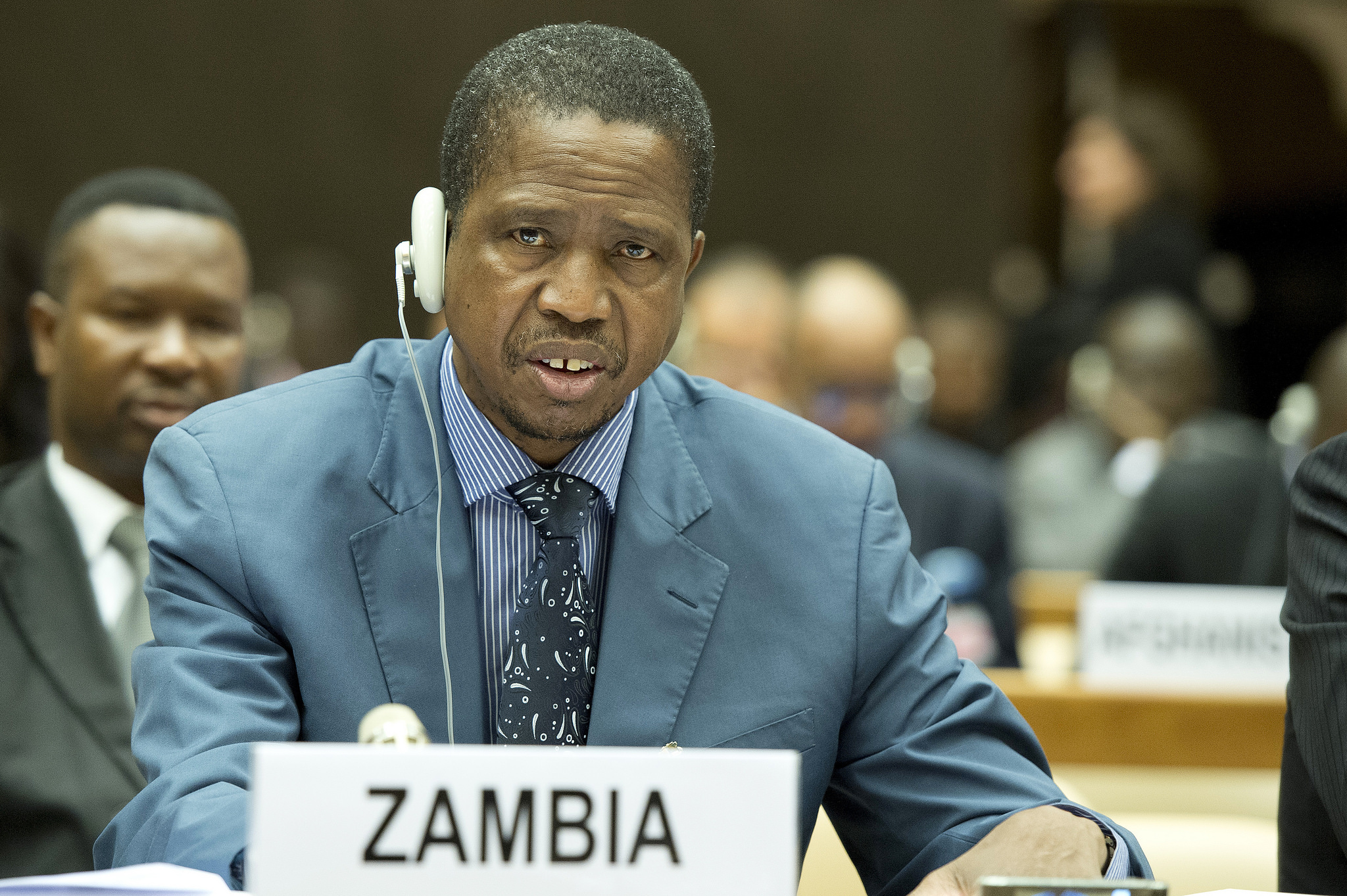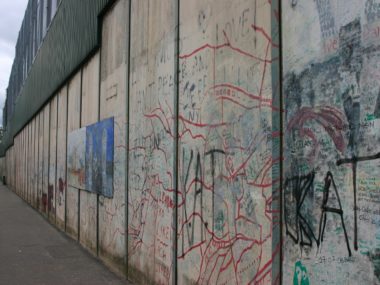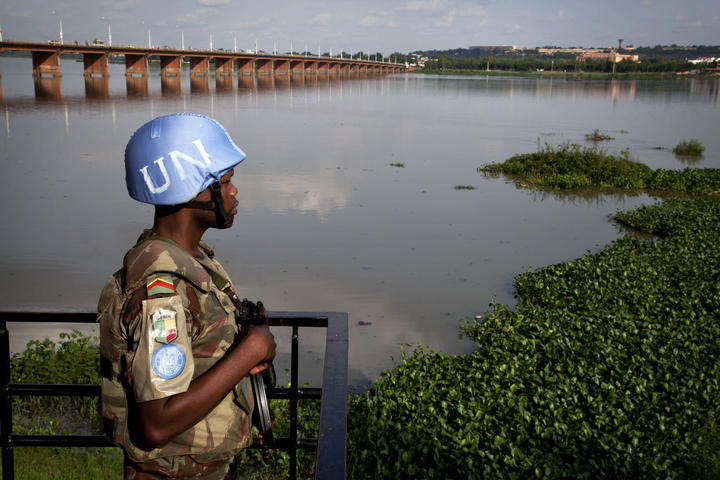Guest post by Sarah Brockhoff, Tim Krieger & Daniel Meierrieks.
In the aftermath of terrorist attacks, education is often advocated as an antidote to terrorism, the idea primarily being that education may make individuals less vulnerable to the false promises of extremist ideologies. For instance, in the aftermath of the terrorist attacks on New York City and Washington DC on September 11, 2001, Eli Wiesel – the 1986 Nobel Peace Prize laureate – argued:
What is it that seduces some young people to terrorism? It simplifies things. The fanatic has no questions, only answers. Education is the way to eliminate terrorism.
While intuitive, the academic evidence on the terrorism-education nexus tends to be more pessimistic. On the national level, education is usually found to share little relationship with terrorism. What is more, on the individual level, there is evidence that the more educated are more likely to become terrorists. For instance, education may fuel terrorism by raising the probability of terrorist success (i.e., the “productivity of terrorists”) through the use of high-capacity (i.e., well-educated) operatives. Indeed, due to the positive effect of individual human capital endowment on terrorist success, terrorist organizations tend to be particularly interested in selecting more educated members.
In our new study, we provide a framework to better understand the apparently complex interaction between terrorism and education, trying to reconcile the popular narrative that education may remedy terrorism with the prevalent academic viewpoint that education – if anything – is associated with more terrorism. We argue that there is some truth to both the optimistic and pessimistic views regarding the terrorism-education nexus. The ultimate effect of education on terrorism is linked to country-specific circumstances which moderate whether the pacifying or inflammatory effects of education on terrorism prevail.
Education always increases the individual and society-wide prospect of socioeconomic and political participation as well as individual productivity and intellectual capacity (where the latter may further magnify individual expectations about one’s politico-economic position in society). That is, education always creates “great expectations.” Sound country-specific conditions help these expectations to materialize, thus reducing incentives for terrorism. For instance, more educated individuals unsurprisingly expect higher wages; however, higher wages are only likely to materialize when country-specific conditions are sound (e.g. as the economy grows, as labor market competition due to demographic pressures is limited, or as corruption and nepotism do not strongly distort labor market outcomes).
By contrast, when country-specific conditions are poor (e.g. slow economic growth, strong labor market competition, and distortions due to youth bulges and corrupt institutions), the same “great expectations” are likely to end in frustration, consequently facilitating recruitment to terrorist violence. Under such circumstances, education may actually facilitate mobilization by amplifying feelings of frustration and disenfranchisement that arise from unaddressed socioeconomic and politico-economic grievances and unrealized socioeconomic and political participation. This is because education is expected to make it easier for individuals to recognize injustice and discrimination, leading to the uncomfortable – but plausible – situation where more education facilitates radicalization. What is more, the highly-educated may find “careers” in terrorism particularly attractive. When country-specific conditions are poor, the rewards offered by terrorist organizations to skilled operatives (wages, political influence, but also martyrdom) may be closer to the especially high expectations of the educated about personal income and political influence than anything the regular labor market can offer.
We test our theoretical framework on a sample of 133 countries for the 1984-2007 period. Our findings can be summarized as follows:
- A “naïve” statistical model for the complete sample of 133 countries, we find that education – in line with the narrative of the academic literature – tends to correlate positively, albeit only weakly, with terrorism.
- To account for country-specific conditions we identify two groups of countries that differ strongly with respect to their economic, politico-institutional, and demographic conditions. Conditions in the first group are markedly poorer, exhibiting a weaker rule of law, poorer protection of human and property rights, slower economic growth, but higher levels of corruption, population growth, and inflation.
- For the group of poorly developed countries (often located in Latin America, Asia, or Sub-Saharan Africa), we find that variables reflecting lower education (primary education, literacy rate) are associated with more terrorism, while higher education (university enrollment) does not play a role.
- For the group of countries in which conditions are more favorable, we find no positive association between lower education and terrorism. Instead, we find a negative (terrorism-reducing) and statistically significant effect of higher education (university enrollment) on domestic terrorism.
In sum, our empirical analysis thus provides support for our theoretical framework, where the eventual effect of education on terrorism depends on the presence of further moderating conditions. We argue that our theoretical framework not only explains the Middle Eastern experience of terrorism by rather well-educated terrorists, but also explains the recent series of popular uprisings of the Arab Spring, which similarly seem to have been fueled by advances in education and a lack of economic and political participation. Similarly, historical events in the West – such as the revolutionary waves in Western Europe in the 18th and 19th century – where educational advances, when coupled with poor structural conditions, promoted instability are in line with our theoretical framework.
Our study indicates that the linkage between terrorism and education is likely to depend on country-specific (macroeconomic, institutional, etc.) conditions. We invite future research to analyze further which country-specific conditions matter the most to the mechanics of the nexus. Also, studying the role of education content, gender disparities in education, and education inequality may prove helpful to furthering our understanding.
From a policy perspective, our findings indicate that education produces “great expectations” and may result in “hard times” (terrorism) when those expectations are not met. This suggests that a sole strengthening of education in less developed countries may not help in the war on terror and may even prove – at times – counterproductive. Rather, the promotion of education should be accompanied by domestic and international efforts to ameliorate poor socioeconomic, politico-institutional, and demographic conditions to make it possible for the promise of education to actually materialize.
Tim Krieger is the Wilfried Guth Professor of Constitutional Political Economy and Competition Policy at the University of Freiburg, Germany. Daniel Meierrieks is an Assistant Professor and the Wilfried Guth Chair of Constitutional Political Economy and Competition Policy at the University of Freiburg. Sarah Brockhoff, a former PhD student in the Department of Economics at the University of Freiburg, is a consultant at a Frankfurt-based financial services consultancy.







7 comments
Good article and extremely interesting topic – thank you for investigating it, but I have a couple of queries I’d like to make (if that’s okay)…
Firstly, how much consideration was given to moral/religious education? I ask, because even if level of education is high and prosperity is low, if religion or morality is taught to a high level, this (I would imagine) acts as a deterrent to terrorism.
Secondly, how much of a role do you think globalisation has played in this relationship between education and terrorism? I personally think globalisation could be said to have had both positive and negative effects. Positive in the sense that education no longer depends on time in a classroom teaching so much, with resources being readily available online for example. Also, globalisation has enabled more people to travel in search of prosperity, so it could be suggested that the effect of poor country-specific conditions are being reduced by that.
I’d love to hear your opinions on the effects of these thing.
Thanks for the nice feedback!
Regarding your first question, we did not (due to a lack of data) consider the content of education and its eventual effect on terrorism. It may be possible that education with a specific content (morality) deters terrorism by providing a moral compass. On the other hand, there is evidence to suggest that individual who eventually became terrorists had received a religious education before (see, e.g., Berrebi’s study here http://public-policy.huji.ac.il/.upload/segel/ClaudeBerrebi/EvidenceAbouttheLinkBetweenEducation.pdf).
With respect to globalization and terrorism, things indeed may be complex. Globalization’s net winners are — I strongly suspect — the high educated. As you said, these people benefit from the international competition of labor and mobility. We did another short study and found that the high educated even flee from terrorism (see here http://www.sciencedirect.com/science/article/pii/S0165176511002217). For the less fortunate, globalization may devalue their education (e.g., because their skills are no longer in need). In such a situation, our main argument would come into play again: People with some level of education want to be compensated for their skills –> Globalization devalues their education –> Poor country-specific conditions prevent sufficient adaptions (e.g., due to poor public policy, weak labor markets etc.) –> Some of the educated resort to terrorism because, e.g. it now “pays” better than ordinary economic activity.
Thanks for the reply. With Berrebi’s study, although he does suggest religious education can support a route to radicalism, he does emphasise that this is particularly when education centres around religion. I can understand the potential correlation here better than ‘regular’ education (eg my personal experience being basic education about the most popular religions – rather than detailed education about one particular religion).
The point on globalisation is certainly true and something I had considered, I just wanted to question the point for the sake of debate!
I’d love for you to take a look at my blog – I’m a 21 year old law graduate on sabbatical before my postgraduate studies begin, aiming to begin a career in academia. Thanks again for taking the time to respond and I look forward to reading your future posts!
Sorry, the negative effects of globalisation being things such as reduction in barriers to recruitment in terrorism for example!
Does this research focus on the educational attainment of just men? I would assume during the time frame your research draws from, higher education was not and remains inaccessible for most women.